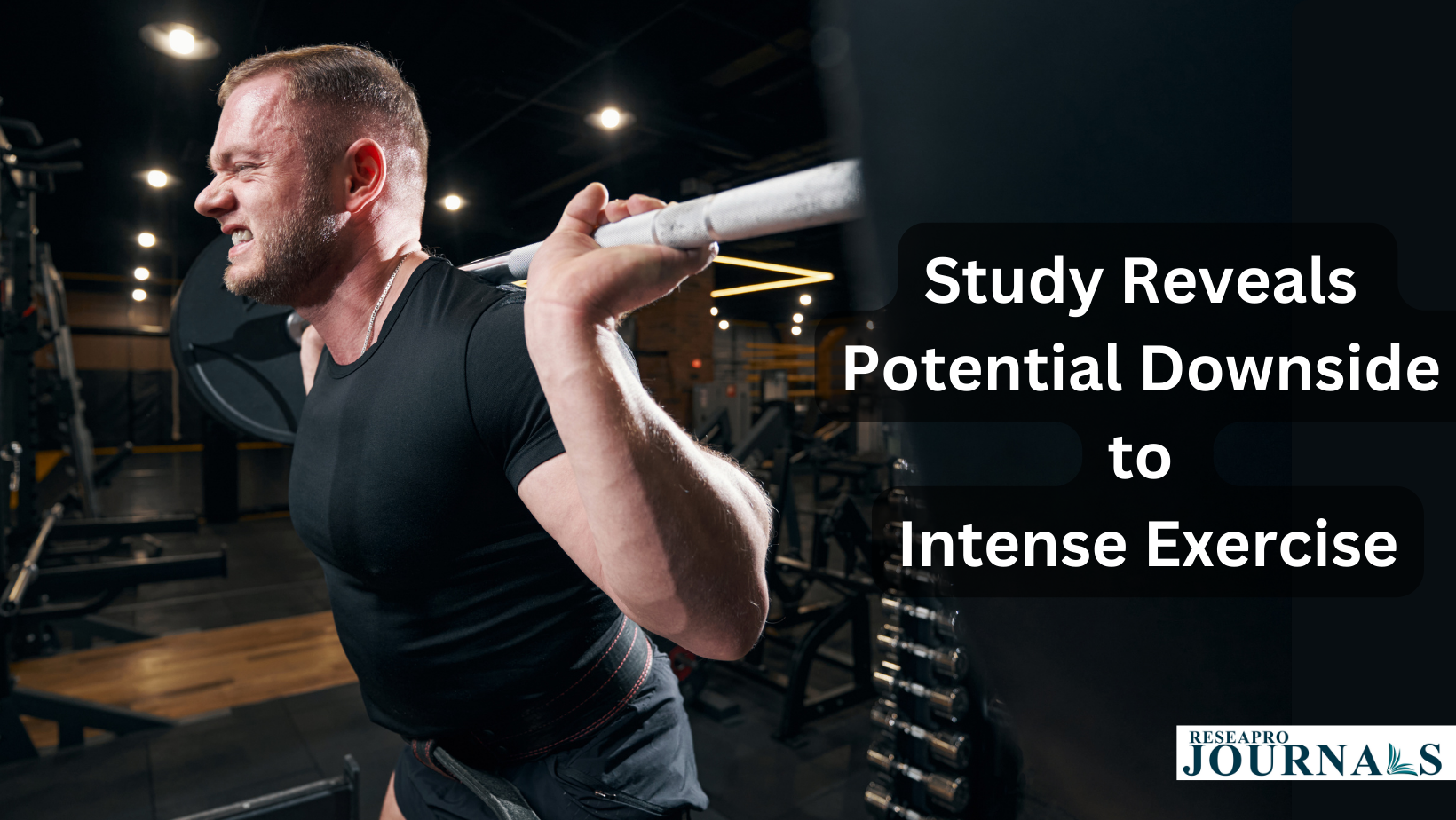A recent study examining post-exercise fluid samples from firefighters reveals a potential downside to vigorous exercise – immune system suppression. The study, conducted by Pacific Northwest National Laboratory (PNNL) biomedical scientist Ernesto Nakayasu and colleagues, analyzed over 4,700 molecules in samples taken before and after intense physical activity. The participants, firefighters, engaged in 45 minutes of strenuous exercise, simulating conditions faced in emergency response scenarios. The findings indicate a decrease in molecules associated with inflammation post-exercise, suggesting a potential compromise to the immune system’s immediate response. Nakayasu emphasizes that individuals with consistently demanding physical roles, such as emergency workers and athletes, may be more susceptible to viral respiratory infections following intense exercise. While moderate physical activity is widely acknowledged to benefit the immune system, the impact of vigorous exercise on immediate immune function remains controversial. The study’s detailed examination of blood plasma, urine, and saliva aims to shed light on early indicators of exhaustion-related dangers. The researchers suggest that understanding these mechanisms could help reduce the risk of strenuous exercise for first responders, athletes, and military personnel. Despite the acknowledged overall health benefits of exercise, the study underscores the need for a nuanced understanding of the short-term immune effects associated with intense physical exertion. The observed changes in inflammatory molecules and oral microbiome prompt further investigation into adaptive mechanisms and potential compensatory responses.




